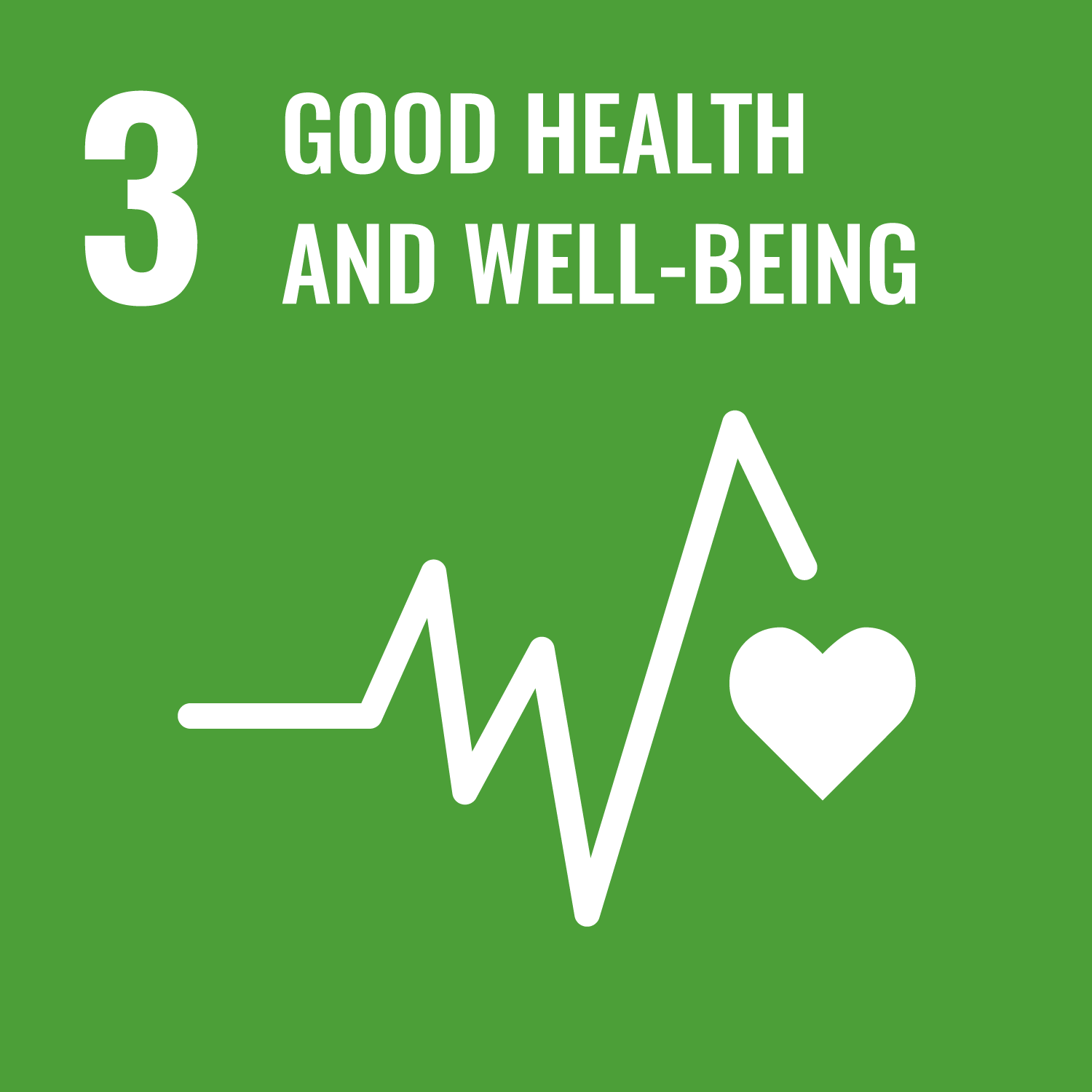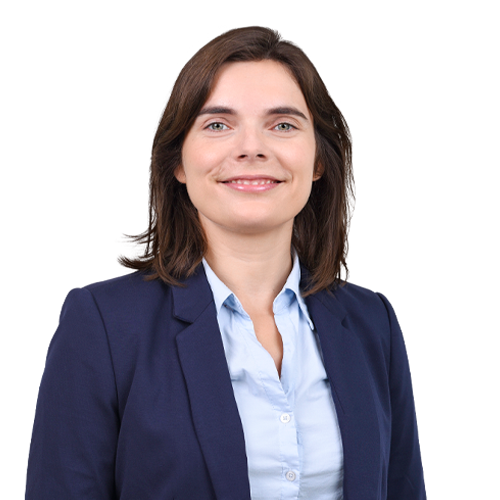Intelligent digital tools for screening of brain connectivity and dementia risk estimation in people affected by mild cognitive impairment
More than 10 million Europeans show signs of mild cognitive impairment (MCI), a condition intermediate between normal brain ageing and dementia. The evolution of MCI differs from person to person; some remain stable or return to normal, but 50% progress to dementia within five years. Current practice lacks the necessary screening tools to identify those 50% at risk. The patient’s journey typically takes many years of inefficient clinical follow-ups before a conclusive diagnosis is finally reached. AI-Mind will radically shorten this journey to 1 week through a digital solution that is able to provide a fast and accurate (>95%) prediction for the individual dementia risk. Our AI-Mind platform service, can be easily integrated into existing clinical practices and contains 2 new artificial-intelligence-based tools. The AI-Mind Connector identifies dysfunctional brain networks. The AI-Mind Predictor assesses dementia risk using data from the Connector, advanced cognitive tests, genetic biomarkers and important textual variables. Our aim is to set up a European clinical network that will upload patient data to the AI-Mind European cloud platform. The consortium comprises excellent researchers in neuroscience and computer science, from 5 clinical centres, who closely collaborate with 3 SMEs contributing unique technologies, an established data governance body-DNV GL, and Alzheimer Europe. Together, they plan to deliver a medical device of class 2b that can reach TRL7 by the end of the project. AI-Mind represents a major step forward in the risk assessment of dementia. Clinicians will promptly advise therapies to delay the onset of disease, and patients will enjoy independent lives for longer. By offering a globally accessible, cheap and precise tool for dementia prediction, AI-Mind will improve the health care system and boost innovation by shifting the R&D of pharmaceutical organisations and other companies to preventive diagnostic methods and therapies for dementia.
This project contributes to the UN Sustainable Development Goals (SDGs) 3 and 9.
Coordinator:Oslo universitetssykehus, NO
Partners:
- Aalto-korkeakoulusaatio, FI
- Alzheimer Europe, Jean Georges & Angela Bradshaw, LU
- BrainSymph AS, NO
- Helsingin ja Uudenmaan Sairaanhoitopiiri kuntayhtyma, FI
- San Raffaele S.p.A., IT
- Lurtis Rules S.L., ES
- Neuroconnect Srl., IT
- OsloMet - storbyuniversitetet, NO
- Radboud Universiteit, NL
- Tallinn University, EE
- Universidad Complutense de Madrid, ES
- Universita Cattolica del Sacro Cuore, IT
- Stichting Radboud universitair medisch centrum, NL
- Universitetet i Oslo, NO
- Pre Diagnostics AS, NO
- F. Hoffmann La Roche AG, CH
- Roche Diagnostics International AG, CH
- accelopment Schweiz AG, CH




